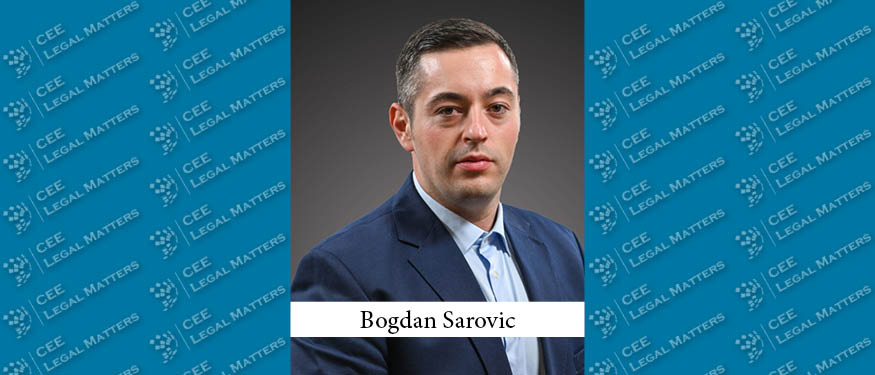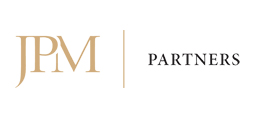Unfair trade practices refer to deceptive, unethical, or manipulative actions carried out by businesses, that violate consumer protection laws and harm the consumers. These practices contradict professional conduct and significantly distort the economic interests and decision-making of the average consumer, often targeting vulnerable groups.
Companies often unknowingly engage in such practices, most commonly misleading advertising, deceptive marketing, and aggressive sales techniques. Such violations may occur due to various reasons. The most typical are employee recklessness, inadequate internal oversight, and poor marketing techniques. Nevertheless, even when made unintentionally, it can lead to financial penalties and damage to the reputation of the company.
What measures can the company take in order to avoid these consequences? The “gold standard” for every company, while structuring its marketing strategy, should be hiring a professional law firm. Preferably a law firm specialized in commercial law. In this way, the company can be sure that its trade practices are in accordance with the positive legal provisions.
On the other hand, the company itself can take precautions in order to avoid engaging in unfair trade practices.
First, the company must ensure that employees are well-versed in unfair trade practices, in light of the Consumer protection law. The marketing, sales, and customer service teams should undergo department-specific training and education. The training must go beyond simply informing employees about the legal framework. It needs to be scenario-based, ensuring that the employees will have ethical decision-making skills in future operations. Additionally, the training should be based on real-world case studies to illustrate practical ways in which unfair practices are committed. Most importantly, the training and education must be repeated periodically. This will ensure that the employees are up to date with the newest regulations.
The company also needs to ensure that internal oversight is adequate to the complexity and scale of its operations. This means implementing mechanisms that systematically monitor consumer interactions and marketing efforts, focusing on identifying potential violations and their compliance with the law. To achieve this, companies should organize specialized compliance departments, with clear responsibilities, supervisory powers, and the ability to audit operations. This will ensure comprehensive control of the overall company operations, but also the responsibility of each employee individually. But, beyond internal measures, the departments should engage with regulatory authorities and consumer advocacy groups. This will help the company to stay ahead of the new legal developments. Ensuring that the company operations are in line with the innovations as the laws come into force.
The most important segment of company marketing, in the context of unfair trade practices, is the advertising standards. Meaning that it must be accurate, transparent, and free from misleading claims. The company needs to make sure that the products that are advertised are:
- With quality as claimed and that the products have all the certifications, seals of quality, and endorsements as advertised;
- In sufficient stock to be able to objectively deliver what is offered in the advertisements;
- With transparent and clear pricing, avoiding misleading discounts.
Furthermore, the company needs to respect consumer autonomy. This means it must avoid high-pressure sales tactics which involve forced persuasion of the customers. Also, while advertising, the company can’t prey on the customer’s feeling of security.
Finally, the advertising needs to be done with clearly defined terms and avoid hidden conditions. This is particularly in relation to customer support and after-sales services. The company must not mislead customers into thinking that they have more rights than they actually do. If a product requires paid maintenance or additional cost, it must be disclosed upfront. Also, regarding the use of customer support, there must be no additional conditions for use or hidden aggravating circumstances.
In conclusion, preventing companies from engaging in unfair trade practices is an ongoing process that requires a strong commitment. Good intentions alone are not enough. The company should go beyond merely following the letter of the law. It must strive to build a culture of responsibility and ethics. Meaning that businesses should view consumers not just as a revenue source, but as partners who deserve fairness and loyalty. Companies that invest time and resources in the aforementioned measures, will not only avoid financial penalties and reputational damage. They will strengthen the consumer trust, giving them a long-term competitive advantage over the companies who focus solely on maximizing short-term profits.
By Bogdan Sarovic, Associate, JPM & Partners North Macedonia


